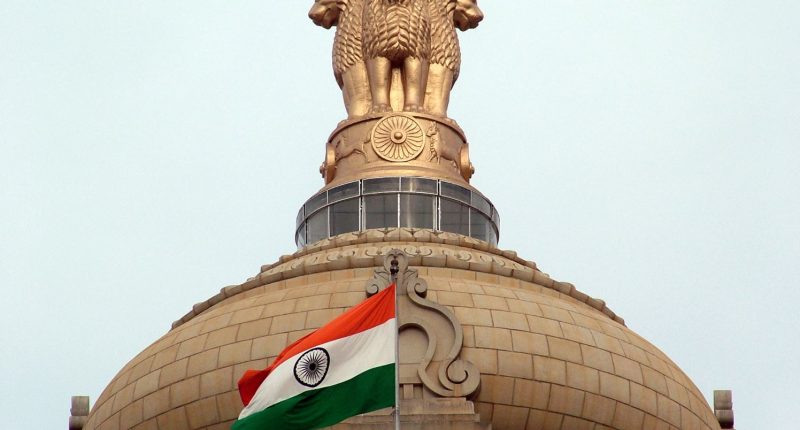The Indian government introduced a comprehensive Telecommunications Bill in the Lok Sabha today, featuring provisions allowing temporary government control of telecom services in emergencies, redefining Over-The-Top (OTT) services, allowing access to messages and proposing a non-auction route for satellite spectrum allocation.
The Telecommunications Bill, 2023, grants the Centre the authority to assume temporary possession of telecommunication services or networks during public emergencies or for public safety. This includes taking control of any telecommunication service or network from an authorised entity when deemed necessary by the central or state government. This is in line with similar emergency broadcast service employed by governments globally.
Communications Minister Ashwini Vaishnaw presented the bill amid opposition demands for a statement from Home Minister Amit Shah on the Parliament security breach issue. Opposition member Ritesh Pandey raised concerns over the bill being introduced as a Money Bill, exempting it from Rajya Sabha approval, and requested parliamentary committee scrutiny due to privacy concerns.
The bill broadens the definition of telecommunication to include internet-based messaging and calling apps like WhatsApp, Telegram, Google Meet, bringing them under IT rules rather than telecom laws. It reinforces user protection measures, ensuring the interception or detention of messages does not apply to press messages intended for publication unless prohibited under specific circumstances.
A shift in spectrum allocation methods is proposed, with certain satellite-based services being assigned spectrum through administrative processes, contrary to the demands of domestic telecom players like Jio and Vodafone Idea for auction-only allocation.
The bill also addresses concerns related to cyber security, granting the government the authority to enforce measures for protecting and ensuring the cyber security of telecommunication networks and services. It allows the interception of messages in the interest of national security, defence, and public order.
The appointment of Telecom Regulatory Authority of India (TRAI) Chairman and Members sees a shift, with the bill stipulating that they can be appointed from the private sector based on professional experience criteria.
However, the bill has sparked debates, with critics pointing out potential violations of privacy rights, the need for regulatory thresholds, and concerns over stifling innovation. The absence of distinctions between primary messaging services and those with messaging as an incidental feature, along with the lack of defined thresholds for regulation, raises questions about the potential impact on various online services.
The emphasis on cyber security measures and the government’s authority to intercept messages in the interest of national security also reflect a proactive approach to safeguarding critical infrastructure. However, striking a balance between security imperatives and individual privacy remains a key challenge, and the bill’s progress will likely involve further refinements to address these concerns.
The Tech Portal is published by Blue Box Media Private Limited. Our investors have no influence over our reporting. Read our full Ownership and Funding Disclosure →






